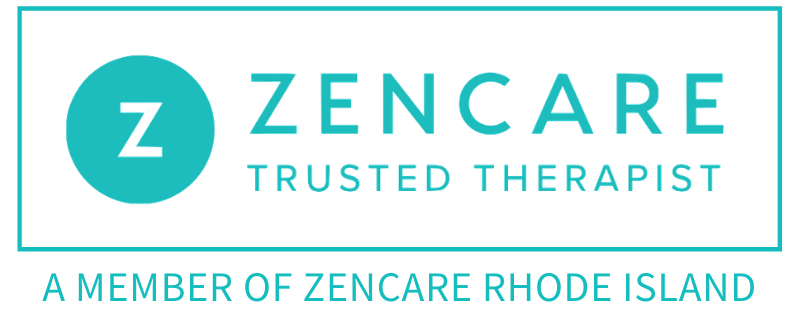Solution Focused Therapy
Solution-Focused Therapy (SFT), also known as Solution-Focused Brief Therapy (SFBT), is a goal-oriented and future-focused therapeutic approach that emphasizes finding solutions to current problems rather than focusing on the underlying causes of those problems. Developed by Steve de Shazer and Insoo Kim Berg in the 1980s, SFT is based on the belief that clients have the resources and strengths within themselves to resolve their issues, and the therapist’s role is to help them recognize and build on those strengths.

What to Expect during Solution-Focused Therapy
-
Focus on Solutions, Not Problems: SFT emphasizes what is working well and how clients can do more of it. Instead of exploring the root causes of issues, the therapy focuses on identifying and implementing effective solutions.
-
Goal Setting: Clients are encouraged to articulate clear, specific, and achievable goals. The therapy sessions are structured around working toward these goals.
-
Strengths and Resources: SFT highlights the client’s strengths, resources, and past successes. The therapist helps the client recognize and utilize these assets to overcome current challenges.
-
Brief and Time-Limited: SFT is typically a short-term therapy, often lasting only a few sessions. The approach is designed to create positive change in a relatively brief period.
-
Positive Language and Future Focus: The therapist uses positive language and focuses on the client’s desired future rather than dwelling on past failures or difficulties. This helps clients envision a future where their problems are resolved.
-
Miracle Question: A common technique in SFT is the “miracle question,” where the therapist asks the client to imagine what their life would look like if a miracle happened and their problem was solved overnight. This helps clients identify their goals and the steps needed to achieve them.
Clients in Solution-Focused Therapy can expect a practical, forward-looking approach that emphasizes finding solutions and making positive changes quickly. The therapy is collaborative, with a strong emphasis on goal setting, recognizing strengths, and taking actionable steps toward achieving those goals. Sessions are typically brief and focused, with the therapist guiding the client to concentrate on solutions rather than problems, ultimately empowering the client to create meaningful change in their life.
Book Your First Appointment
If you feel you could benefit from therapy , book a free 15-minute call with one of our therapists. During the call, you will have the opportunity to get a sense of your therapist’s personality and the techniques they use before deciding if you want to schedule your initial session with them.
Rhode Island Location
1 Richmond Square
350w
Providence, RI. 02906
(GPS Location 331 Waterman St)
*Free Parking
Florida (Mailing Address)
25 SE 2nd Ave,
Ste 550 PMB 21
Miami, FL. 33131
Contact Us
401-227-0372
Fax 877-455-9466
If you or someone you know is struggling or in crisis, help is available. Text or call 988 or chat 988lifeline.org. Caring counselors listen and provide free and confidential support 24/7.
National Transgender Lifeline Crisis Line (Staffed by Transgender Individuals) 1-877-565-8860
National Coalition Anti-Violence Programs: 212-714-1141
Lesbian, Gay, Bisexual and Transgender (LGBT) National Hotline:
1-888-843-4564
LGBT National Youth Talkline:
1-800-246-PRIDE (1-800-246-7743)
LGBT National Senior Talkline:
1-888-234-7243
LGBT Youth Talkline: 800-246-7743



